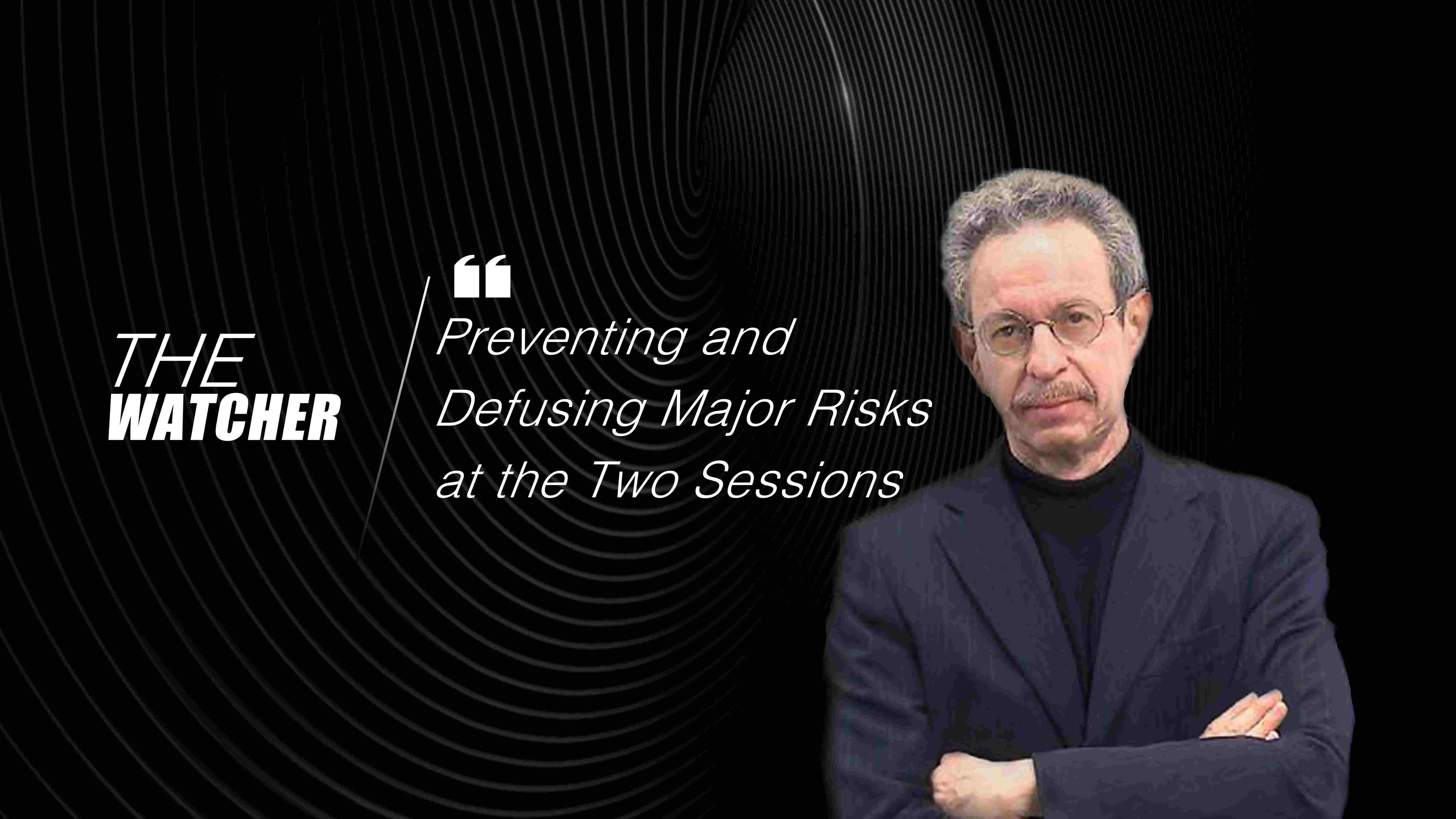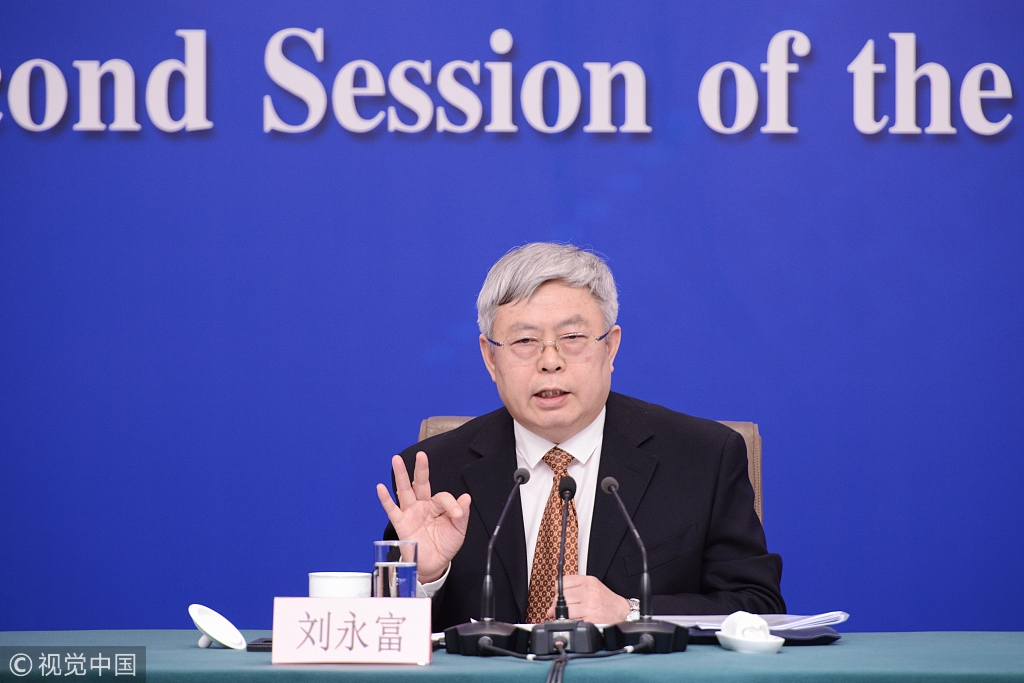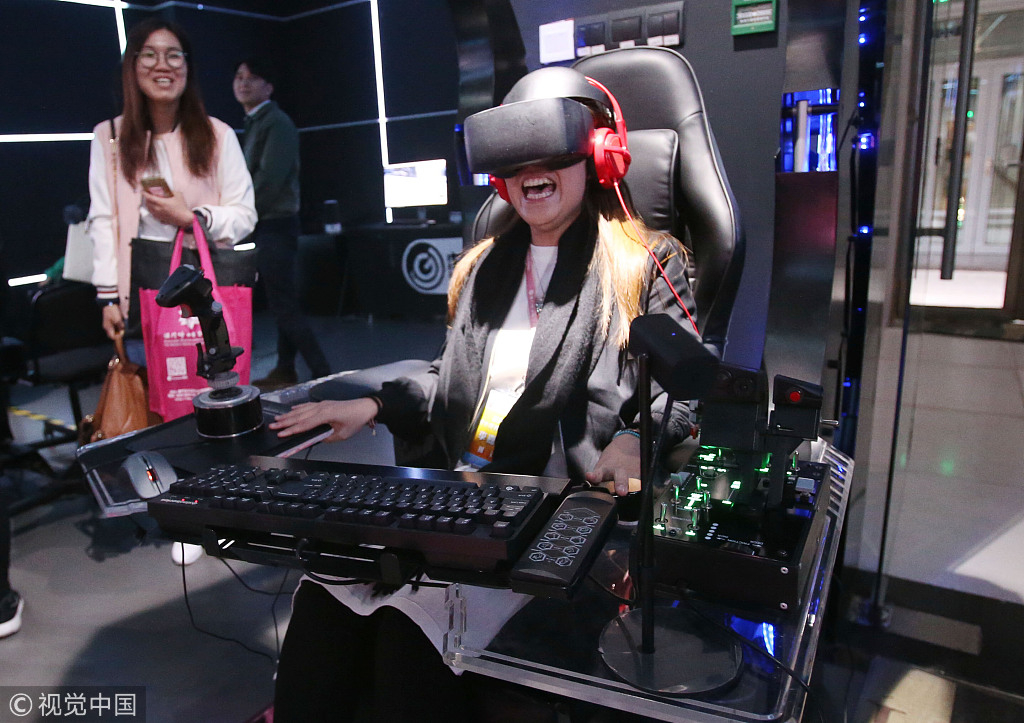
Opinion
11:03, 16-Mar-2019
Preventing and defusing major risks at the two sessions
Updated
12:03, 16-Mar-2019
Robert Lawrence Kuhn
04:13

I'm Robert Lawrence Kuhn and here's what I'm watching: How the 2019 Two Sessions political meetings worked to prevent and defuse major risks. The media, foreign and domestic, do not appreciate the significance of risk, broadly conceived, in driving this year's agenda. Just a few weeks prior, President Xi Jinping set the tone by gathering hundreds of senior officials and telling them that China faced multiple, extraordinary and diverse risks: politics, ideology, economy, science and technology, society, external environment, and Party building.
This is why I focus on risk. Other than ideology and Party building, all of these risk categories are the responsibility of the government (which, of course, is led by the Party). Following from the Government Work Report are highlights that I have selected to illustrate the overarching purpose of reducing risk.
Political risks: The Party's continuing mandate to rule is directly related to its continuing capacity to improve the lives of the Chinese people. Three commitments for 2019 stand out: One, pursue an employment-first policy. Two, control pollution with a much-Increased budget and by setting specific, ambitious pollution-reduction targets. Three, bring over 10 million of the rural poor out of extreme poverty on the way to eliminating all extreme poverty by 2020.

Liu Yongfu, director of the office of the State Council Leading Group of Poverty Alleviation and Development, speaks at the press conference in Beijing, March 7, 2019. /VCG Photo
Liu Yongfu, director of the office of the State Council Leading Group of Poverty Alleviation and Development, speaks at the press conference in Beijing, March 7, 2019. /VCG Photo
Economic risks: Stimulate the economy by reducing tax burdens, social insurance contributions, and business-related charges, totaling over 2 trillion RMB — not by massive stimulus packages that run up debt. Provide financing for small and midsized companies. Continue to pursue supply-side structural reform to deleverage and improve productivity. Strengthen monitoring, early warnings, mitigation and control of financial risks.
Science and technology risks: Pursue innovation-driven development, transforming traditional industries and speeding up growth of emerging industries. Speed up efforts to pursue Internet Plus initiatives in all industries and sectors. Establish a science and technology innovation stock market board. Improve the system of punitive compensation for Intellectual Property (IP) infringement — I like the specificity of “punitive”, never, to my knowledge, used before in a Government Work Report.

A visitor experiences the VR technology in Beijing, October 12, 2017. /VCG Photo
A visitor experiences the VR technology in Beijing, October 12, 2017. /VCG Photo
Social risks: Keeping government funding of education over 4 percent of GDP. Increase medical insurance for rural and non-working urban residents. Increase basic retirement pension, subsistence allowances, and special assistance. Provide training for over 15 million people, upgrading their skills. Develop elderly care, especially community elderly care services. Ensure social safeguards for the most vulnerable groups. Improve the social security system. Raise ethical standards and enrich cultural life.
Overseas risks: Promote the joint pursuit of Belt and Road projects. Work to diversify export markets. Promote trade and investment liberalization. Strengthen efforts to protect foreign investors' legitimate rights and interests, exemplified by the new Foreign Investment Law. At first glance, these prescriptions have a similar scope and structure to what we are accustomed to seeing annually at the Two Sessions. The difference this year is that each can be viewed more sharply through the conceptual prism of preventing and controlling risks. President Xi takes risks very seriously. So must we. That's the message of the 2019 Two Sessions. I'm keeping watch. I'm Robert Lawrence Kuhn.
(If you want to contribute and have specific expertise, please contact us at opinions@cgtn.com)

SITEMAP
Copyright © 2018 CGTN. Beijing ICP prepared NO.16065310-3
Copyright © 2018 CGTN. Beijing ICP prepared NO.16065310-3